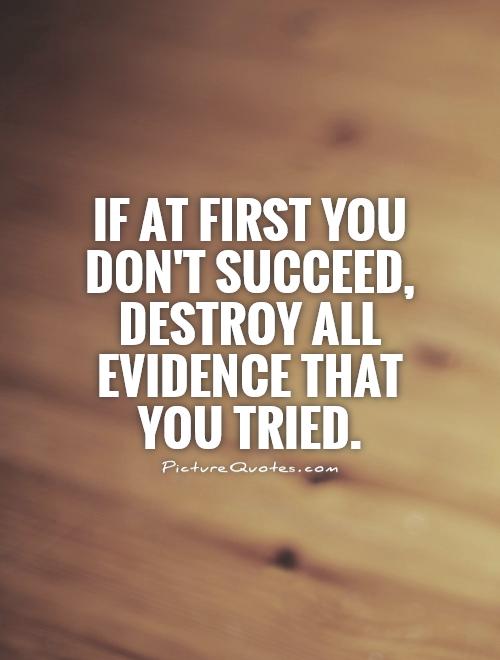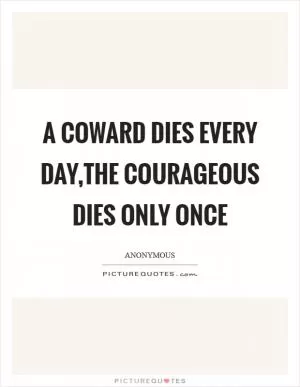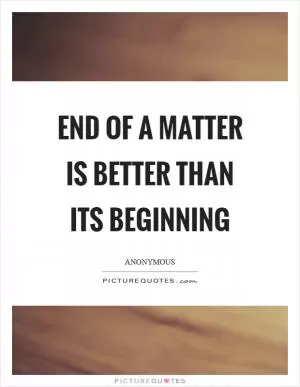If at first you don't succeed, destroy all evidence that you tried

If at first you don't succeed, destroy all evidence that you tried
The phrase "If at first you don't succeed, destroy all evidence that you tried" is often used humorously to suggest that it is better to cover up a failure than to acknowledge it. In the context of anonymity, this phrase takes on a more serious tone.Anonymity is the state of being unknown or unidentifiable. In today's digital age, anonymity is often associated with online activities such as posting on social media, commenting on forums, or participating in online communities. Many people choose to remain anonymous online for a variety of reasons, including privacy concerns, fear of harassment, or simply a desire to express themselves without the fear of judgment.
However, anonymity can also be used as a shield to hide behind when things go wrong. In the context of the phrase "If at first you don't succeed, destroy all evidence that you tried," anonymity can be seen as a way to avoid taking responsibility for one's actions. By remaining anonymous, individuals can avoid facing the consequences of their failures and can simply move on without acknowledging their mistakes.
This can be particularly harmful in situations where accountability is important, such as in the workplace or in relationships. By hiding behind anonymity, individuals can avoid owning up to their failures and can continue to make the same mistakes without learning from them.
On the other hand, anonymity can also be a powerful tool for self-expression and activism. Many people use anonymity to speak out against injustice, share their stories, or advocate for change without fear of reprisal. In these cases, anonymity can be a way to protect oneself while still making a meaningful impact.












 Friendship Quotes
Friendship Quotes Love Quotes
Love Quotes Life Quotes
Life Quotes Funny Quotes
Funny Quotes Motivational Quotes
Motivational Quotes Inspirational Quotes
Inspirational Quotes